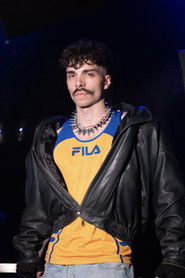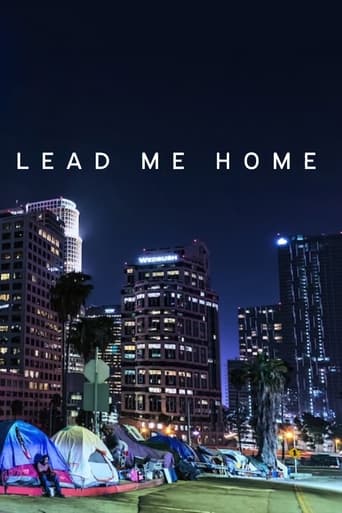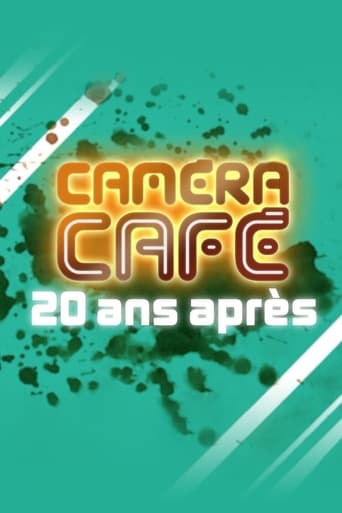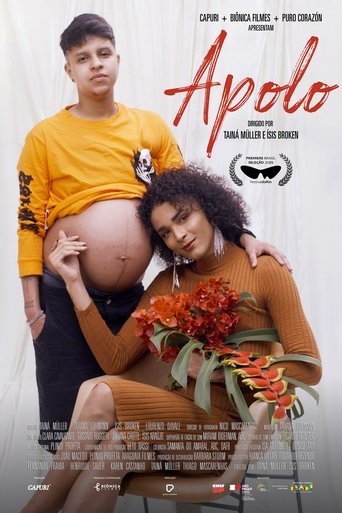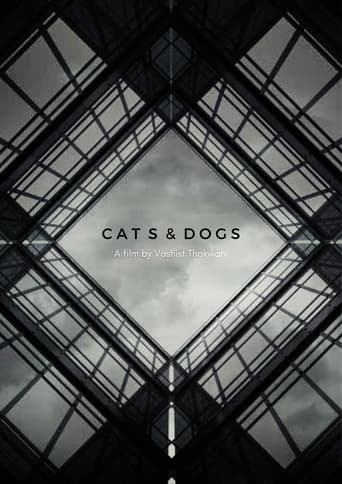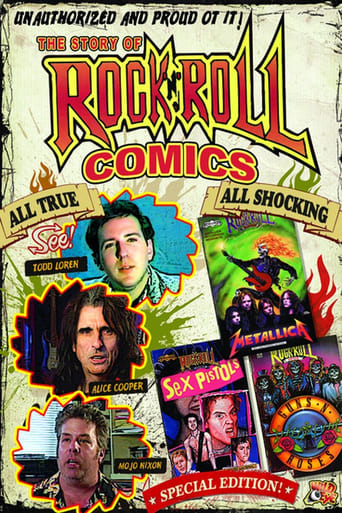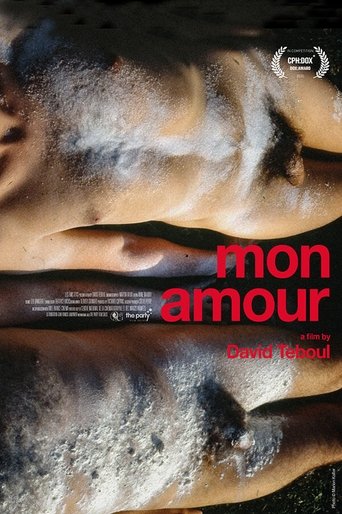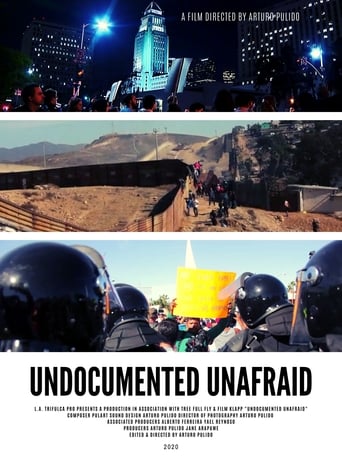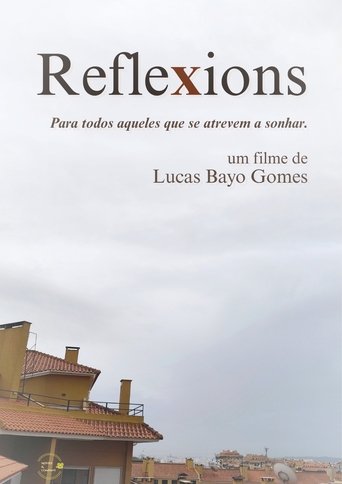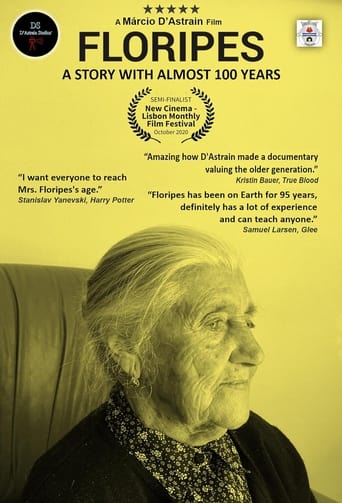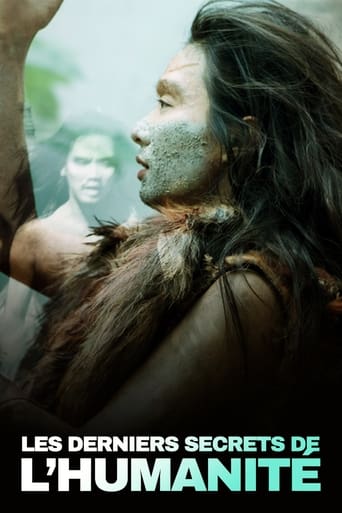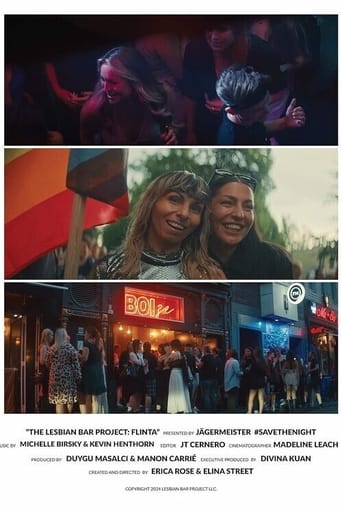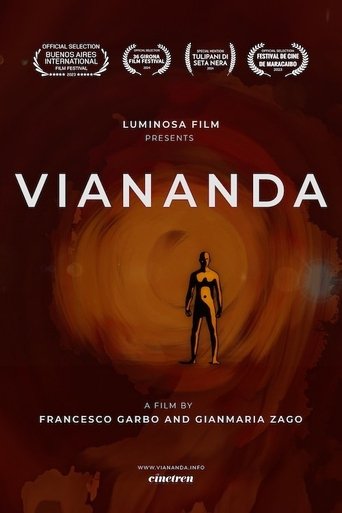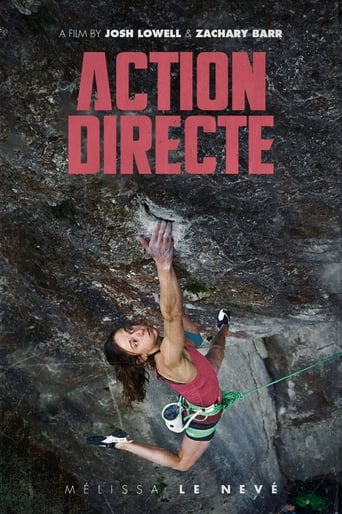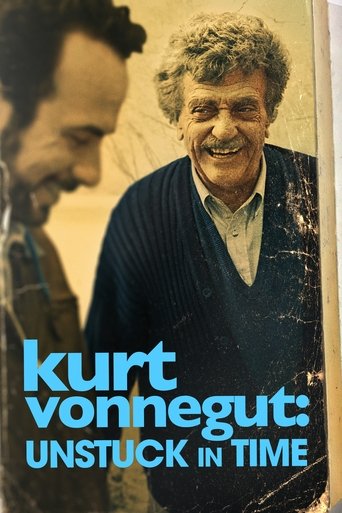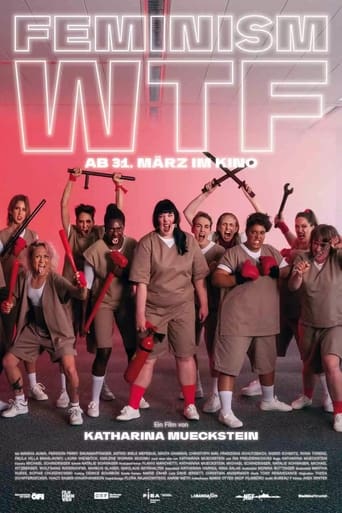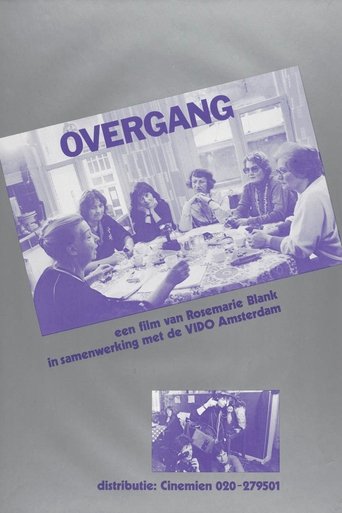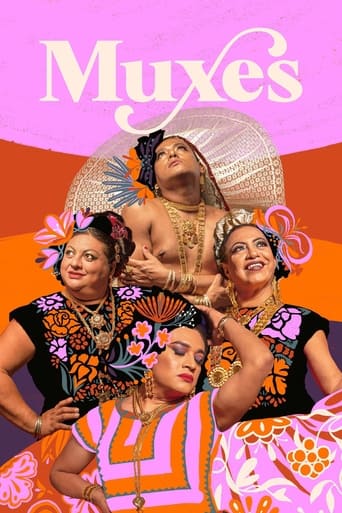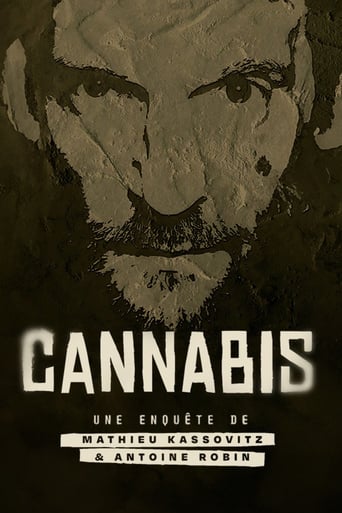
02 Apr 2024

Cannabis : Une enquête de Mathieu Kassovitz et Antoine Robin
In many countries, cannabis legislation is becoming more relaxed, whether for therapeutic reasons or to combat illegal trafficking. In France, the country with the highest number of cannabis users in Europe, this issue is still a subject of debate. To understand why some countries are legalizing it and how they regulate its use, Mathieu Kassovitz and Antoine Robin spent a year investigating ten different countries. This documentary explores the organization, successes, and failures of this legislation and questions the adaptability of these different models to France.
